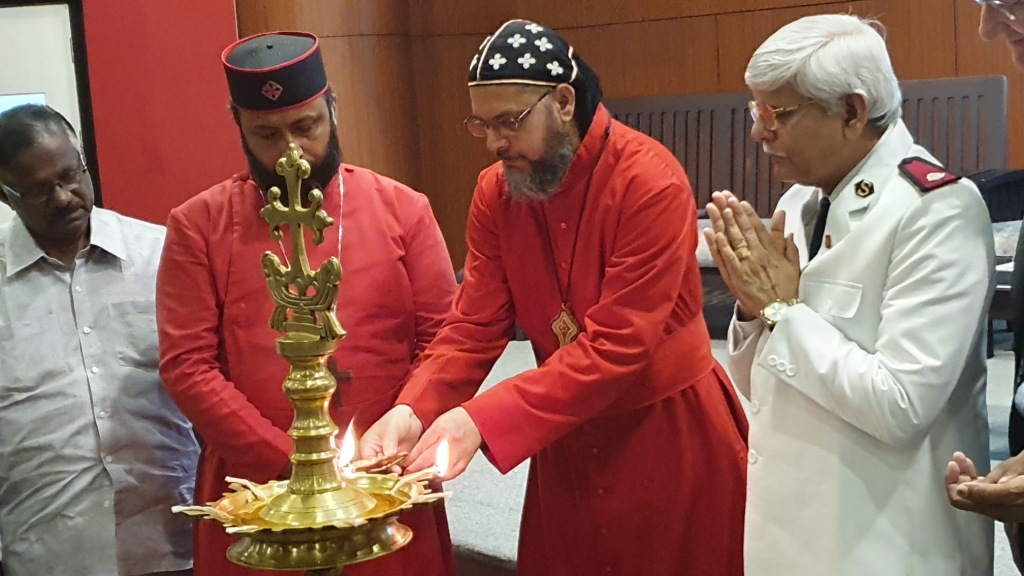
This week I have crossed the Indian Ocean to Kerala to share in a visit that is part of the World Council of Churches Pilgrimage of Justice and Peace. In the Indian context, this involves exposure to the caste system and the systematic injustice and violence that it represents.
Our focus is on the Dalit communities, formerly known as “outcastes” or “untouchables”. They themselves have chosen the name Dalit – meaning “broken”, “shattered”, “downtrodden” or “oppressed” – to confront the reality of their situation as a first step towards changing it.
Today Dalits have genetic evidence that they are the original, indigenous people in the land of India. The so-called higher castes originate from waves of immigrants who came from Mesopotamia and West Asia. Yet the Dalits have ended up being excluded and dispossessed. Not only are they systematically deprived of resources and opportunity, they are also subject to atrocities on a daily basis.
Despite discrimination on the basis of caste being outlawed by the Indian Constitution and despite the modernization of the Indian economy, it appears that the caste system is more deeply entrenched than ever. In fact, the Hindutva ideology of the ruling BJP Government actively affirms it.
When I asked our host, Bishop Mor Geevarghese Coorilos, how we could understand the caste system today in relation to the upsurge in racism and xenophobia globally, he replied that it is “worse than racism”. He explained that since it is underpinned by religious ideology and theological justification it is even more difficult to eradicate.
The strength of the caste system is seen by the extent to which it has infiltrated even church life. Despite prophetic figures who advocate a radical biblical challenge to caste thinking, by and large churches have accommodated themselves to the governing social reality of caste. The purpose of our visit is to learn what this means for those most adversely affected by it; and to offer them our solidarity as they work for a different future.

Hello Ken, Could to read your blog to see what you have been doing. All the best kind regards
Jessie Appin
LikeLike